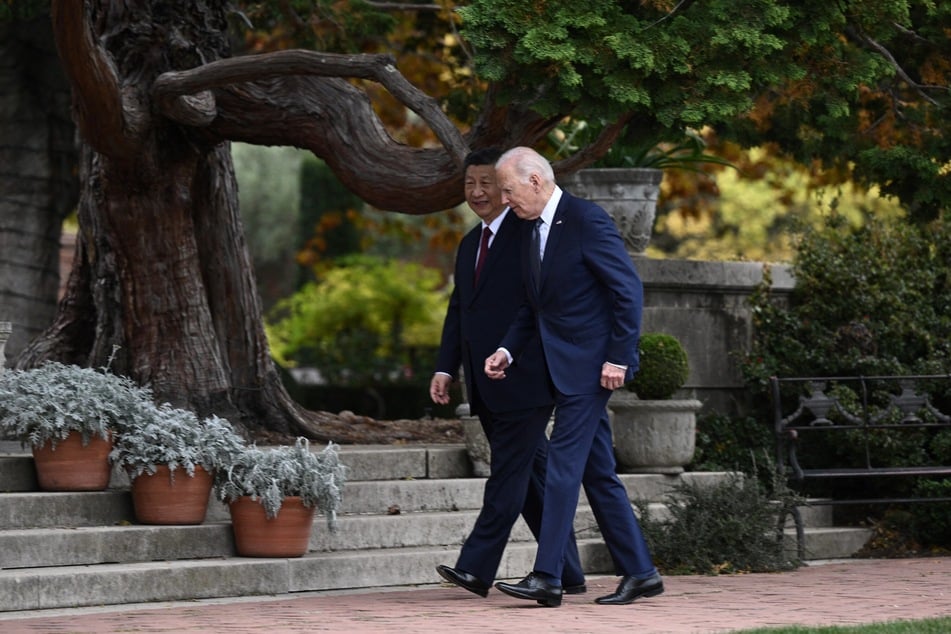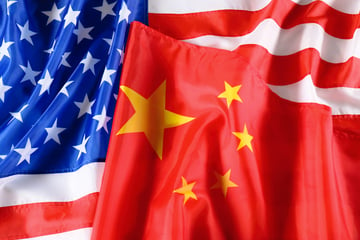Biden sees wins in China summit but tumultuous year looms ahead
San Francisco, California - President Joe Biden scored key wins in a long-awaited summit with Chinese counterpart Xi Jinping but the stability could be short-lived with a potentially tumultuous year ahead that includes Taiwanese and US elections.

Xi, who has called for years for a more powerful China to challenge US primacy, visited the United States for the first time in more than six years as the Asian power's economy faces sharp headwinds.
Meeting Biden at a palatial estate outside San Francisco on the sidelines of a Pacific Rim summit, Xi agreed to restore military communications with the United States and to crack down on precursor chemicals to fentanyl, the painkiller behind an addiction epidemic in the United States.
"If you think about how long the US has been working on this, and how much the US has been emphasizing to the Chinese that these two issues are our priorities, this is pretty significant," said Yun Sun, a senior fellow at the Stimson Center in Washington.
For Xi, the deliverables are less tangible, with the Biden administration not backing down on sweeping sanctions on high-tech exports that have infuriated China.
The Commerce Department, however, said Thursday that in response to China's action on fentanyl, it was lifting sanctions on the Ministry of Public Security's Institute of Forensic Science, blacklisted in 2020 over alleged mass surveillance of ethnic minorities.
"China wants to have the opportunity to focus on its domestic challenges, so having some stability with the United States is going to be useful," Sun said.
How the California talks between Biden and Xi could affect the US presidential election
The California talks could be the last Xi-Biden meeting until the US election, with the next Group of 20 and APEC summits in Brazil and Peru expected shortly after the November 5 election.
Biden's predecessor – and aspiring successor – Donald Trump had welcomed Xi to his Mar-a-Lago resort in 2017 but later vowed no-holds-barred confrontation with China. The Trump campaign accused Biden of being a "sellout" at the summit.
If Xi had declined a summit, even after months of diplomacy by the Biden administration and with elections looming, he would have undermined support in the United States for engagement with China, Stokes said.
More immediately on the calendar, Taiwan holds elections on January 13.
China has repeatedly staged military exercises near the self-governing democracy, which Beijing claims as its territory.
Amid fears of a strong Chinese response, a US official said Biden asked Xi to "respect the electoral process in Taiwan," while Xi renewed opposition to US arms sales to Taipei and said "reunification" was "unstoppable."
In a new twist that coincided with the summit, Taiwan's two opposition parties said they would join forces, likely presenting a tougher challenge to candidate Lai Ching-te of the ruling Democratic People's Party, whose advocacy for Taiwan's separate identity is despised by Beijing.
A change in power in Taiwan would have "tremendous implications," said Sun of the Stimson Center.
While tensions with China would persist even with the more Beijing-friendly opposition Kuomintang, it would "remove some of the most contentious friction points," she said.
Cover photo: Brendan Smialowski / AFP
